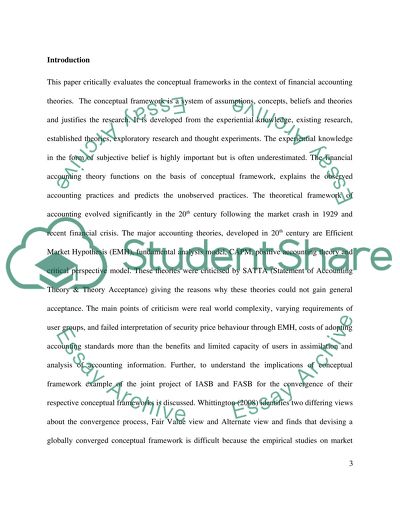Cite this document
(“Developing Conceptual Frameworks Are a Time Wasting Activity Essay”, n.d.)
Developing Conceptual Frameworks Are a Time Wasting Activity Essay. Retrieved from https://studentshare.org/finance-accounting/1436948--developing-conceptual-frameworks-are-a-time
Developing Conceptual Frameworks Are a Time Wasting Activity Essay. Retrieved from https://studentshare.org/finance-accounting/1436948--developing-conceptual-frameworks-are-a-time
(Developing Conceptual Frameworks Are a Time Wasting Activity Essay)
Developing Conceptual Frameworks Are a Time Wasting Activity Essay. https://studentshare.org/finance-accounting/1436948--developing-conceptual-frameworks-are-a-time.
Developing Conceptual Frameworks Are a Time Wasting Activity Essay. https://studentshare.org/finance-accounting/1436948--developing-conceptual-frameworks-are-a-time.
“Developing Conceptual Frameworks Are a Time Wasting Activity Essay”, n.d. https://studentshare.org/finance-accounting/1436948--developing-conceptual-frameworks-are-a-time.


